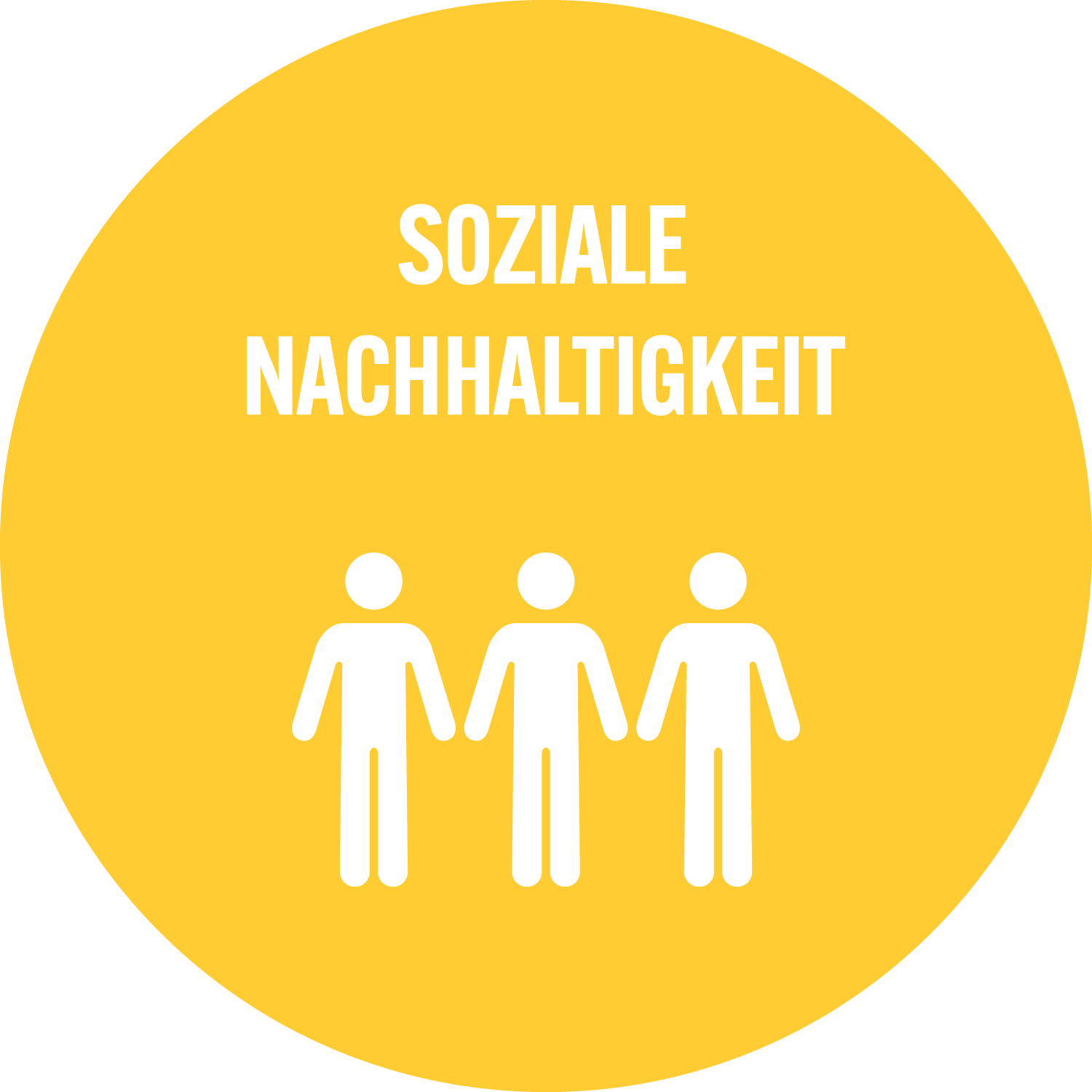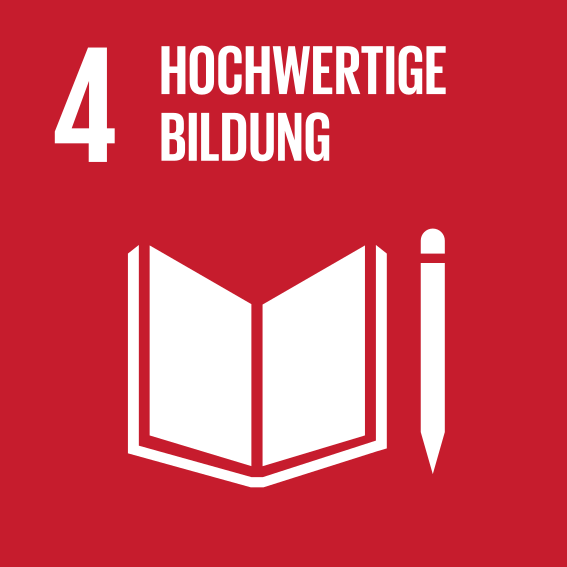|
Finanzwissen und Finanzbildung in Deutschland - Was wissen wir eigentlich?
Bucher-Koenen, Tabea
;
Knebel, Caroline
|
URL:
|
https://madoc.bib.uni-mannheim.de/58846
|
|
URN:
|
urn:nbn:de:bsz:180-madoc-588466
|
|
Dokumenttyp:
|
Arbeitspapier
|
|
Erscheinungsjahr:
|
2021
|
|
Titel einer Zeitschrift oder einer Reihe:
|
ZEW Discussion Papers
|
|
Band/Volume:
|
21-016
|
|
Ort der Veröffentlichung:
|
Mannheim
|
|
Verlag:
|
ZEW
|
|
Sprache der Veröffentlichung:
|
Deutsch
|
|
Einrichtung:
|
Sonstige Einrichtungen > ZEW - Leibniz-Zentrum für Europäische Wirtschaftsforschung
Fakultät für Betriebswirtschaftslehre > Finanzmärkte (Bucher-Koenen 2019-)
|
|
MADOC-Schriftenreihe:
|
Veröffentlichungen des ZEW (Leibniz-Zentrum für Europäische Wirtschaftsforschung) > ZEW Discussion Papers
|
|
Fachgebiet:
|
330 Wirtschaft
|
|
Fachklassifikation:
|
JEL:
G53 , C81 , D91 , D14,
|
|
Freie Schlagwörter (Englisch):
|
Household finance , financial literacy , financial education , financial decision-making
|
|
Abstract:
|
Im internationalen Vergleich verfügen die Deutschen über ein relativ
hohes Finanzwissen. Allerdings bedeutet dies nicht, dass Finanzwissen universell verbreitet ist.
Der Anteil der Befragten, die drei grundlegende Fragen zu Zins, Inflation und
Risikodiversifikation beantworten können, liegt zwischen 53% und 62%. Dieser Anteil liegt
bei Frauen, älteren Menschen, Personen mit geringem Einkommen und geringer Bildung
deutlich niedriger. Wissenschaftliche Untersuchungen zeigen, dass sich Finanzwissen positiv
auf Finanzentscheidungen auswirkt. Zudem können Finanzbildungsprogramme Finanzwissen
und Finanzverhalten verbessern. In Deutschland gibt es bisher keine breit angelegte Financial
Literacy-Strategie und damit auch keine gezielten Evaluationen und
Qualitätssicherungsmaßnahmen für die angebotenen Programme. Eine solche Strategie könnte
sowohl dazu beitragen Finanzentscheidungen Einzelner als auch die gesamtwirtschaftliche
Stabilität zu verbessern.
|
|
Übersetzung des Abstracts:
|
In an international comparison, Germans have a relatively high level of financial
knowledge. However, this does not imply that financial knowledge is universally distributed.
The share of respondents, who are able to answer three basic questions about interest rate,
inflation, and risk diversification correctly, lies between 53% and 62%. Among women, older
individuals, and people with low income or low education, this share is substantially lower.
Research has shown that financial knowledge positively affects financial decision-making.
Furthermore, financial education programs can enhance financial knowledge and behavior. In
Germany, no broad financial literacy strategy exists and, therefore, no targeted evaluations and
quality assurance measures for programs are in place. Such a strategy could improve people’s
financial decisions as well as the overall financial stability.
(Englisch)
|
 
 | Dieser Eintrag ist Teil der Universitätsbibliographie. |
 | Das Dokument wird vom Publikationsserver der Universitätsbibliothek Mannheim bereitgestellt. |
 Suche Autoren in Suche Autoren in
Sie haben einen Fehler gefunden? Teilen Sie uns Ihren Korrekturwunsch bitte hier mit: E-Mail
Actions (login required)
 |
Eintrag anzeigen |
|
|





 Suche Autoren in
Suche Autoren in